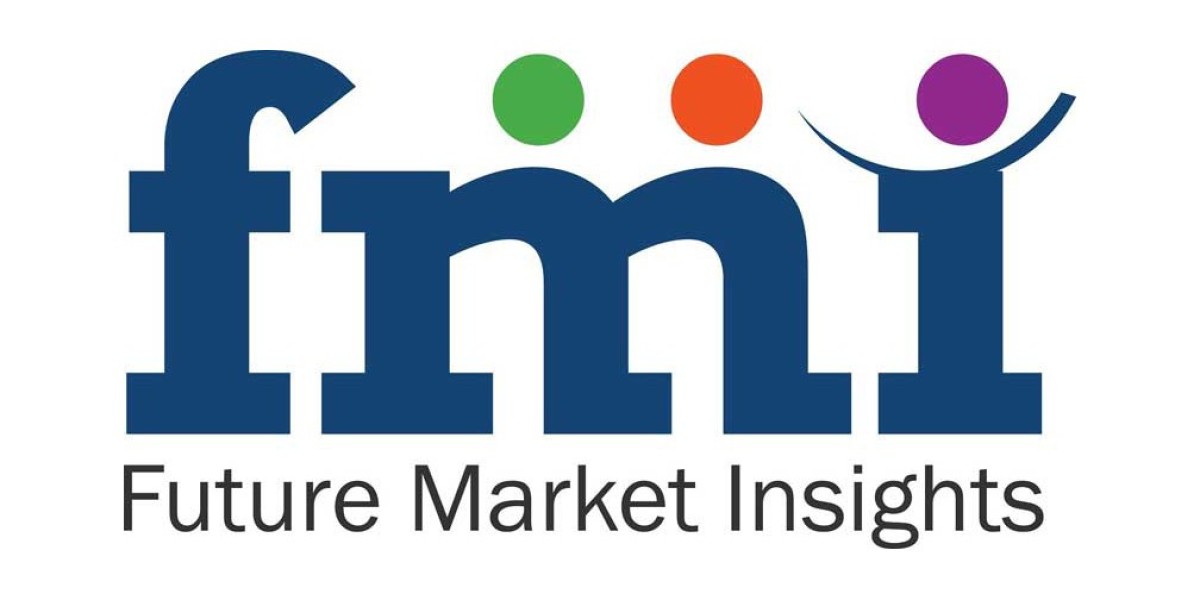The NTRK Fusion Gene Positive Advanced Solid Tumors Market is entering a new phase of growth as innovations in precision oncology and targeted therapies reshape cancer treatment pathways. Valued at USD 145.8 million in 2025, the market is projected to reach USD 258.6 million by 2035, registering a compound annual growth rate (CAGR) of 5.9% over the forecast period.
Request Market Research Draft Report: https://www.futuremarketinsights.com/reports/sample/rep-gb-11303
NTRK fusion-positive tumors, though rare, are increasingly being detected through next-generation sequencing (NGS), fueling demand for tumor-agnostic therapies that offer highly personalized treatment options for patients worldwide.
Segmental Insights
NTRK 1 Fusion Tumors Lead the Way
NTRK 1 fusion tumors are expected to dominate with 47.6% of total revenue in 2025, owing to higher prevalence compared to NTRK 2 and NTRK 3. Enhanced sequencing tools, strong clinical evidence of durable treatment responses, and ongoing trials are boosting the adoption of therapies targeting NTRK 1 fusions.
Hospitals Remain the Treatment Epicenter
Hospitals are set to account for 53.2% of market share by 2025, supported by advanced oncology infrastructure, availability of diagnostic tools, and access to multidisciplinary treatment teams. Hospitals are also the hubs for clinical trials and early drug adoption, making them crucial drivers of precision oncology’s growth.
Revolutionizing Cancer Care with Precision Medicine
The rise of precision medicine has transformed cancer treatment by tailoring therapies to genetic profiles rather than relying on generalized approaches. For NTRK fusion gene positive tumors, this means:
- Early and Accurate Detection: Genomic sequencing enables faster identification of patients who can benefit from targeted TRK inhibitors.
- Personalized Treatment Pathways: Patients receive therapies directly addressing their tumor’s genetic mutations.
- Improved Outcomes: Targeted therapies reduce reliance on traditional chemotherapy, offering fewer side effects and better quality of life.
Notably, Merck’s KEYTRUDA received FDA approval in January 2025 for early-stage lung cancer, signaling regulators’ willingness to accelerate precision treatments for broader cancer indications.
Regional Market Highlights
North America – The Pioneer in Innovation
North America continues to dominate, driven by robust R&D investments, clinical trial activity, and established reimbursement frameworks. The region is home to several major pharmaceutical innovators such as Merck, Pfizer, and Roche, who are spearheading the introduction of advanced TRK inhibitors.
Europe – Strong Research and Early Diagnosis
Europe is projected to remain the second-largest market, supported by widespread adoption of genetic testing and early integration of precision oncology into healthcare systems.
Asia-Pacific – Fastest Emerging Hub
Asia-Pacific is witnessing rapid adoption of advanced oncology practices due to improved healthcare infrastructure and government-backed cancer screening programs. This region presents immense opportunities for both established and emerging manufacturers.
Other Regions
- Latin America: Gradual growth backed by healthcare investment.
- Middle East & Africa: Limited adoption due to inadequate infrastructure but long-term opportunities remain.
Key Market Drivers
- Growing Focus on Precision Oncology: Demand for targeted therapies is increasing as patients and physicians seek alternatives to chemotherapy.
- Technological Advancements in Diagnostics: DNA NGS and companion diagnostics are improving detection accuracy.
- Supportive Regulatory Pathways: Accelerated approvals from agencies like the FDA and EMA are encouraging new drug launches.
- Rising Awareness & Testing: Hospitals and cancer centers are integrating genetic testing as part of routine oncology workflows.
Market Challenges
While growth prospects are strong, the market faces hurdles including:
- High Cost of Genetic Screening: Advanced diagnostics remain expensive, limiting adoption in developing regions.
- Infrastructure Gaps: Emerging markets often lack specialized cancer centers with genomic testing capabilities.
- Rare Prevalence of NTRK Mutations: With NTRK fusions accounting for about 1% of solid tumors, scaling up widespread adoption requires greater awareness and testing coverage.
Browse the Complete Report: https://www.futuremarketinsights.com/reports/ntrk-fusion-gene-positive-advanced-solid-tumors-market






